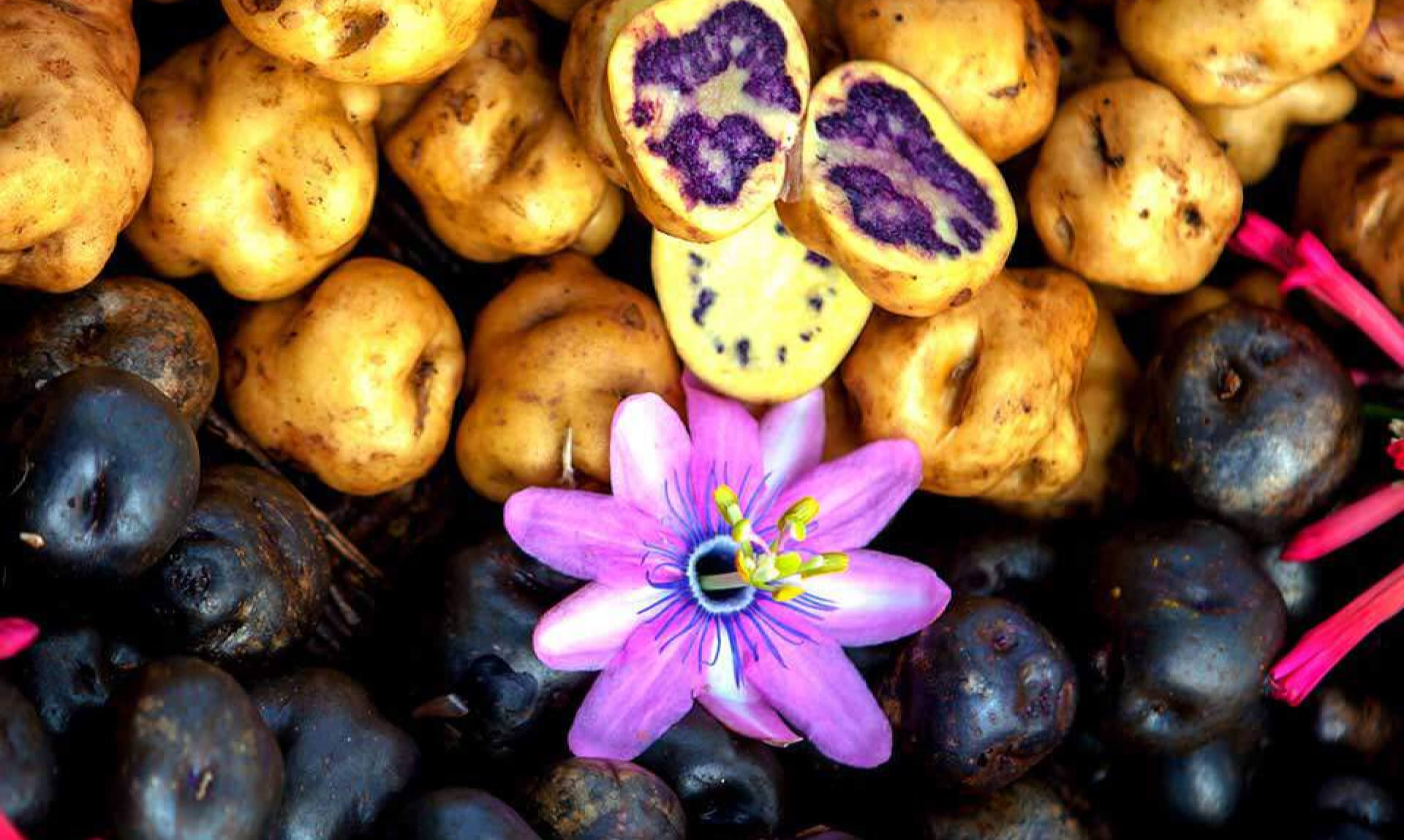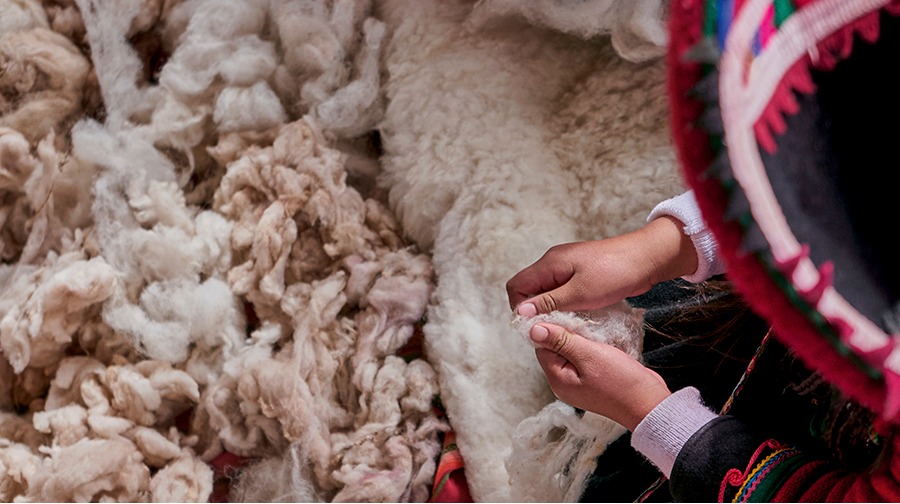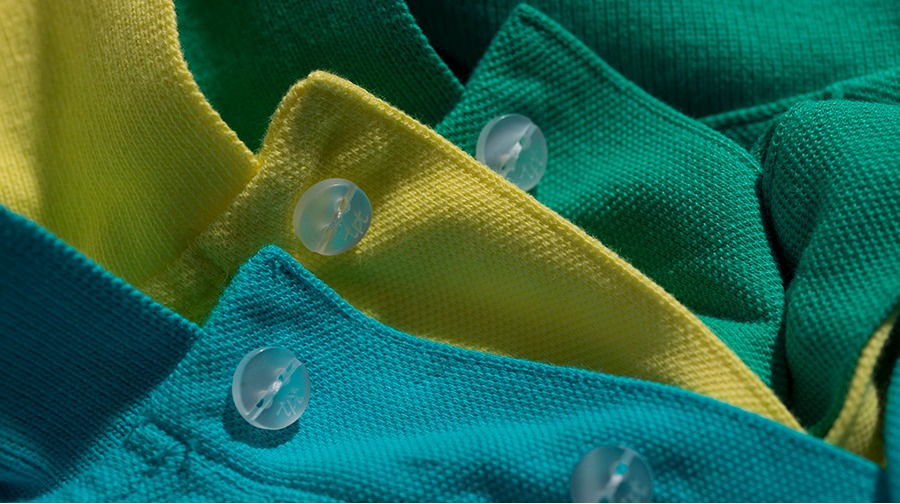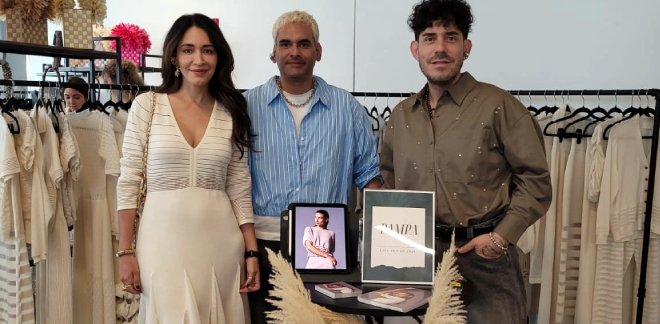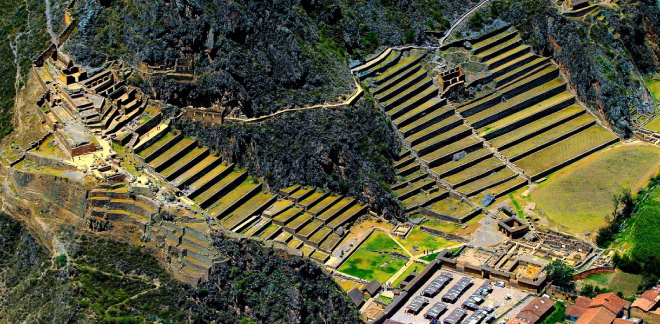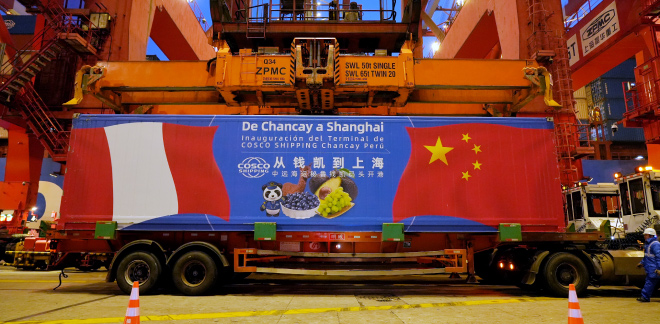Connecting 5,000 years of textile heritage with a sustainable future
Síguenos en:Google News
Peru is a country globally acclaimed for its gastronomy, however, there is another sector developed thousands of years before it. Its cultural heritage of textile tradition extends back more than 5000 years to the city of Caral, the oldest city in the Americas. In those days, sustainability was a key element in textile production: renewable natural energy, conscious water consumption and a circular economy were the traditional way of working.
Its main sources of energy were the sun, rivers and the ocean (i.e., natural and renewable energy sources). Its main sources of water were rivers and lakes (which they did not pollute at all) and they did not emit gases (i.e., they were carbon neutral). All textiles were handmade, with natural fibers and colors, and the artisans were highly respected members of their communities.
We are inspired by this ancient tradition and are already implementing sustainable practices in our modern industry. For example, we offer recycled fibers such as cotton and polyester in our garments without compromising the high quality for which we are known.
By 2030, we have the ambitious goal of making Peru the world leader in textile sustainability, based on five strategic pillars:
- Clean Energy: We follow in the footsteps of our ancestors by promoting the use of clean and renewable energies. We plan to invest in infrastructure such as solar panel parks to make optimal use of the sun and water as energy sources.
- Water Conservation: We aim to achieve the lowest water footprint globally by applying water reuse and recycling technologies.
- Carbon Neutrality: We aim to reduce our greenhouse gas emissions by 20% for the year 2030 (in line with the country's commitment) and support protected natural areas, many of which have been described as "the lungs of the planet".
- Clean Production: In collaboration with the government, we will strive to minimize waste and reincorporate circular economy concepts into our operations, emulating the sustainable practices of our predecessors.
- Decent Work: Today, our industry employs nearly one million people, 60% of whom are women. The expansion of our sector will be crucial to generate more decent jobs for Peruvians.
By 2030, we want "Made in Peru" to be synonymous with "High Quality and Sustainability", positioning our textiles at the same level of recognition and respect as our food. We are committed to this goal and work every day to make it a reality.


